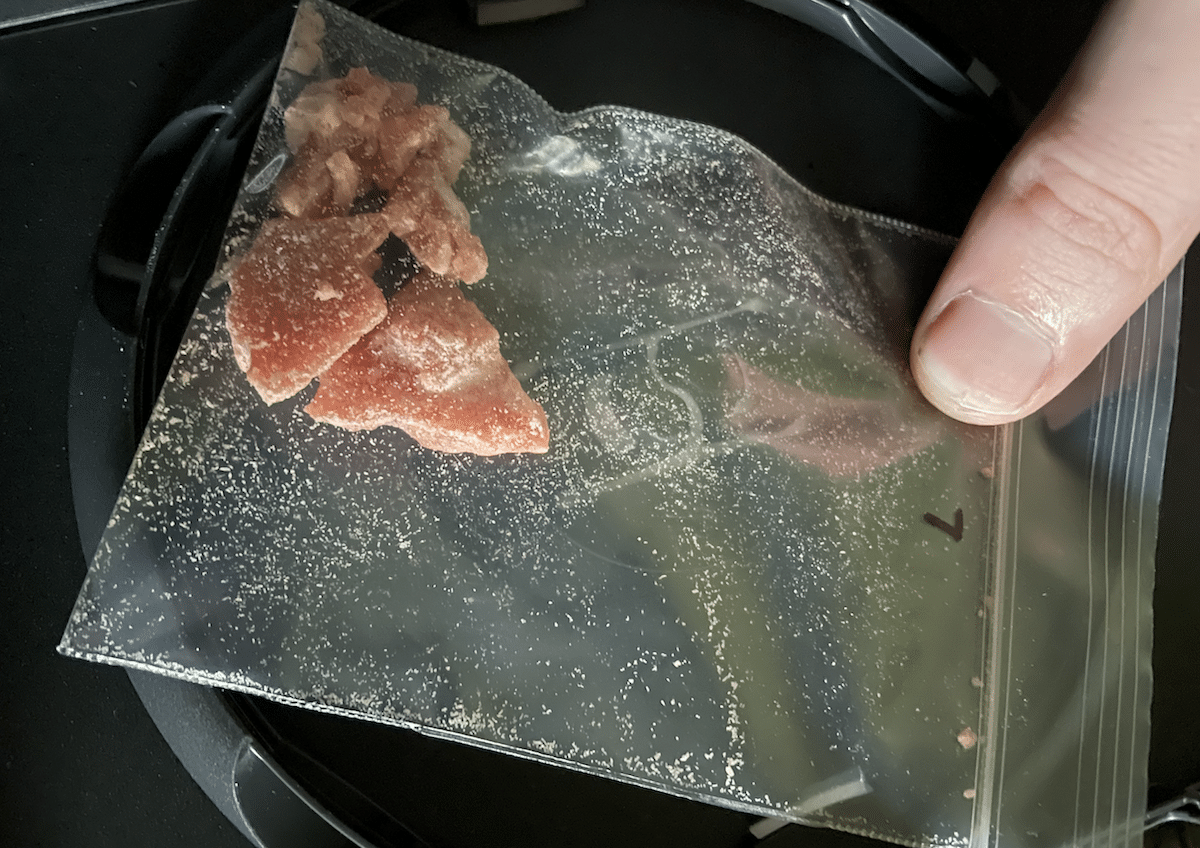

Over the last year or so, I have been purchasing most of my supply of drugs—including fentanyl, cocaine, Xanax, MDMA and ketamine—through a single special vendor whom a friend of mine found online and shared with me. I find this to be more reliable and safer, in terms of avoiding criminalization as well as the quality of the drugs, than buying from different people in person.
Unlike many people who buy drugs on the dark web for similar reasons, I buy from my vendor on the regular internet, through encrypted apps. This cuts out the dark-web market “middle man” taking a percentage from both myself and the seller. I thought it might be worth explaining, for the benefit of people who use drugs and are either unable to access the dark web or want to avoid the extra costs.
Finding a trusted vendor is the hardest part.
Can this be an easy way to get ripped off? Sure, though that can also happen with in-person sales. But some of us are fortunate enough to get a steady, safer supply delivered right to our doorsteps at prices that cannot be beat. It’s important to acknowledge that many marginalized people who use drugs, who may have no reliable internet access, are excluded from these benefits.
I live in Canada, and always buy domestic so nothing has to cross international borders. You also need to get cryptocurrency, which can be the main barrier for many people. But I’ve found it pretty easy; many apps allow you to just e-transfer money to yourself and convert it into cryptocurrency. Coinberry—“Canada’s Trusted Crypto Trading Platform to Buy Bitcoin Safely and Securely!”—is one of them.
Finding a trusted vendor is the hardest part. You may know someone who knows someone, or you may just experiment and get lucky. For those who can, surfing the dark web to find a vendor, or asking someone you know to do it, is an option. Once you have one, you can switch from the dark web to secured apps such as Signal or Wickr. This would save both you and the seller money when you remove the percentage charged by every dark-web market.
The harm reduction saying, “start low and go slow,” should apply to buying drugs as well as to doing them.
How do you know you’re not going to get ripped off right away by sending your money to someone and hoping you will receive a package? Well, there is always that risk. But the internet, of course, has many places where dark-web and other online vendors are discussed. Reddit is great for this, and has many helpful tips.
The harm reduction saying, “start low and go slow,” should apply to buying drugs as well as to doing them. For your first order, it’s best to buy a smaller quantity of your chosen drug. If that goes well, you can gradually increase it. In this way, you can establish trust at both ends of the transaction. Eventually, you can arrive at a point where you feel comfortable making larger orders.
At the same time, you never want to order an amount that could tip off the courier or postal service. Canada Post cannot open packages under 30 grams without a warrant—the law will vary in other countries—so I always keep my orders below that. A law passed a few years ago to allow Canada Border Services Agency to search smaller packages deemed “suspicious,” which is a good reason to avoid those international transactions. I also always ask for a tracking number, so that I at least know that something is on its way. My drugs often arrive inside a DVD case.
Building trust with an anonymous online source can be hard but a conversation is a good starting point. You can ask them about how they do business and if they are open to new clients, then ask for a list of products and prices. Using a fake name can be a good move to reduce the risk of criminalization, and that’s often easy in Canada, where many people have their own postal box.
It’s obvious, but important to emphasize, that drugs from any source may not be what they’re sold as. Selling fentanyl as heroin is typical, and some dark-web markets’ rules against openly selling fentanyl make this more likely. Vendors themselves may be unaware of their drugs’ contents.
So once your drugs arrive, you should always test them before use—even if you trust the person who sent them. And do whatever you can not to use alone. Preferably, that means having someone on hand with naloxone, which has saved my life more than once. If not, it could also mean having someone virtually spot you—through a dedicated app, Facetime, Zoom or a phone call—so they can call emergency medical services if you overdose.
Until we get regulated safe supply everywhere, finding trusted unregulated vendors is the best we can do.
I have overdosed on drugs from my vendor. But when I’ve discussed it with them afterwards, they’ve taken it on board, changed their supply and sent me something different. Logically, vendors are incentivized to act this way: Serious sellers are in it for the consistent income, and having a client die or getting a bad rap online would damage their business.
A reliable supply of drugs can save lives. That’s exactly why harm reductionists are pushing for widely accessible, regulated safe supply throughout Canada and beyond. Until we get that, finding trusted unregulated vendors is the best we can do. We drug users need to share information about sources as much as possible to help each other through this ongoing crisis of drug poisoning deaths.
Photographs by Matthew Bonn